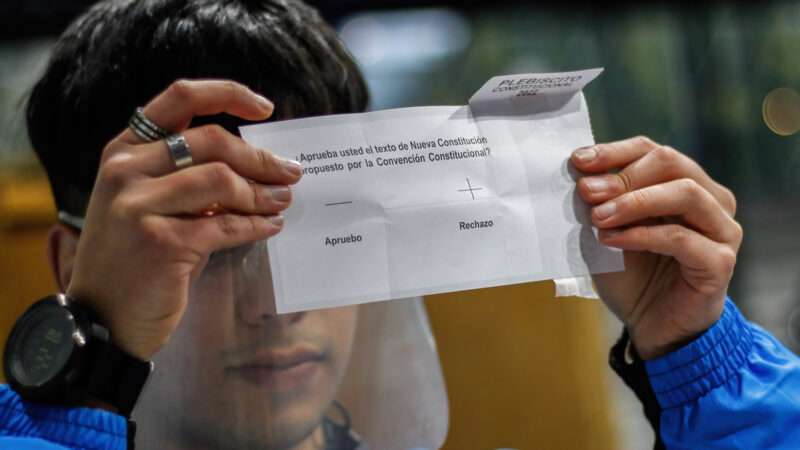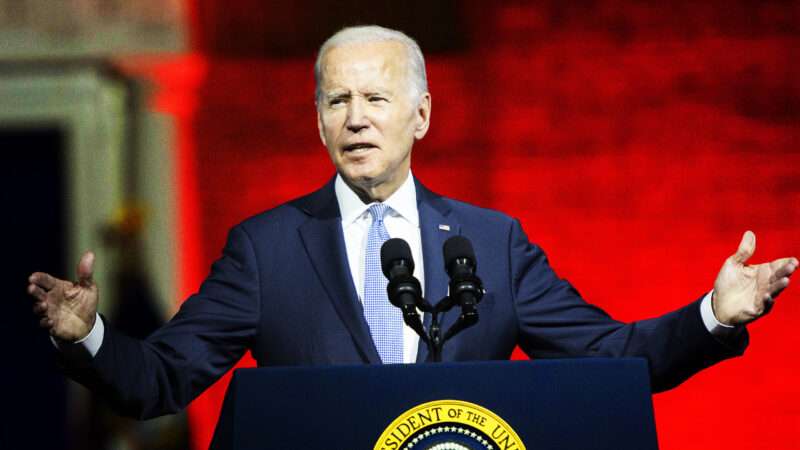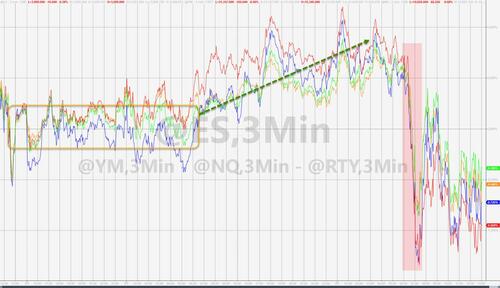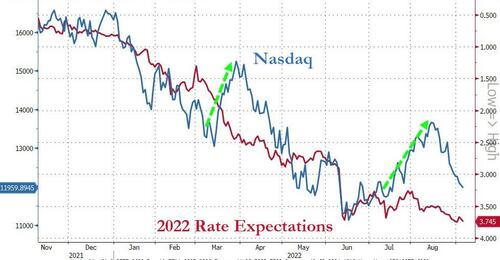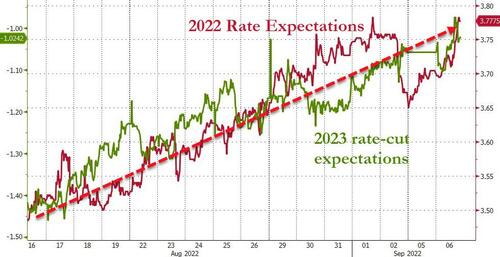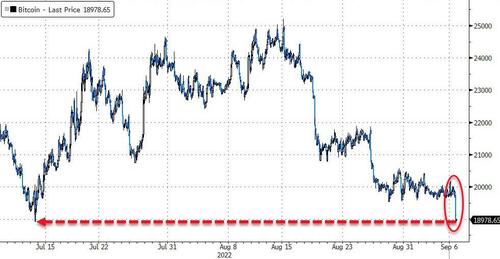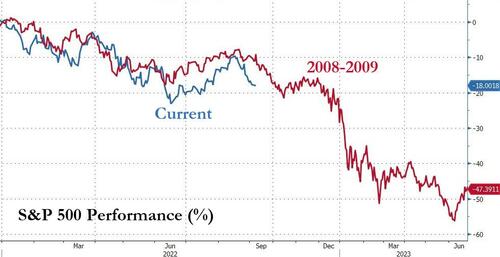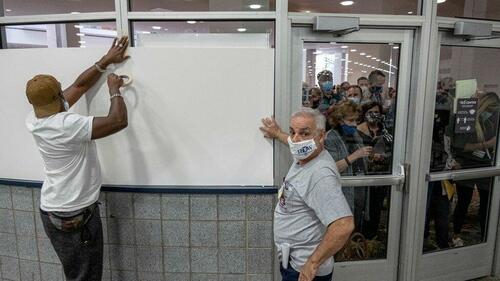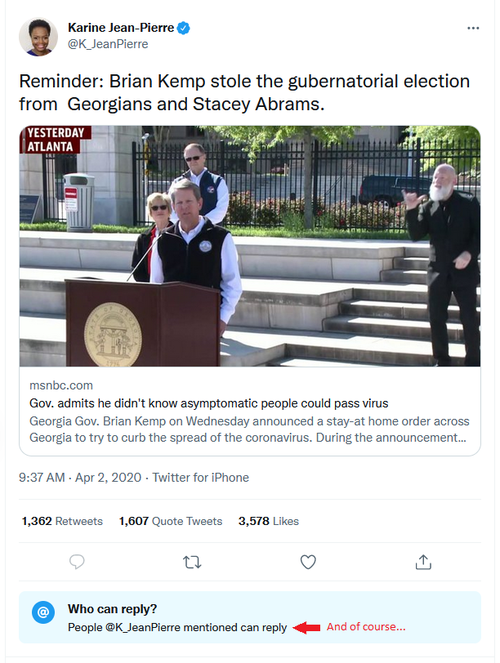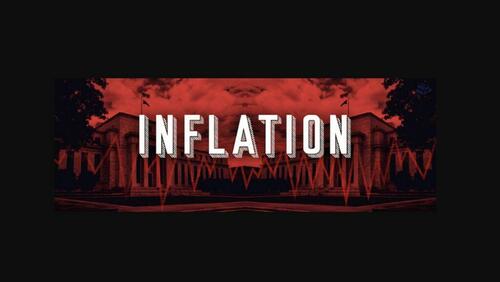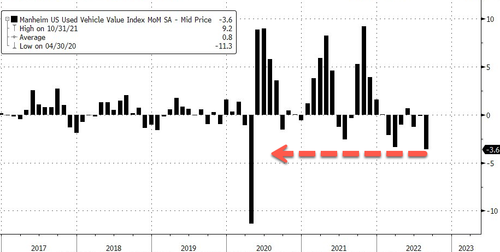One of the lingering issues arising from the events of January 6, 2021 has been whether it would resuscitate the little used Section Three of the Fourteenth Amendment. Section Three provides:
No person shall be a Senator or Representative in Congress, or elector of President and Vice-President, or hold any office, civil or military, under the United States, or under any State, who, having previously taken an oath, as a member of Congress, or as an officer of the United States, or as a member of any State legislature, or as an executive or judicial officer of any State, to support the Constitution of the United States, shall have engaged in insurrection or rebellion against the same, or given aid or comfort to the enemies thereof. But Congress may by a vote of two-thirds of each House, remove such disability.
The January 6th riot has been called an “insurrection” at various points, including in the second House impeachment of President Donald Trump. There has been a fair amount of interest in making use of Section Three to disqualify various participants in that riot from holding future public office.
Of course, the big target here is Donald Trump himself. There are many challenges to using Section Three to disqualify Trump from being inaugurated for a second term as president, but the legal theories are being tested on some smaller fish.
Representative Madison Cawthorn battled a ballot challenge on a Section Three argument in North Carolina, but his failure to win his primary election largely ended that challenge. The Fourth Circuit did address a limited set of issues in that case.
Today a judge in New Mexico gave the advocates of Section Three their first serious victory. This was a much easier case than the Cawthorn challenge or any possible Trump challenge.
Cuoy Griffin was a county commissioner in New Mexico and a founder of Cowboys for Trump. He’s been a vocal proponent of various election conspiracies, ordered an “audit” of election returns in his county, and obstructed the certification of the primary election results in his county in 2022.
Griffin also participated in the events of January 6th. He was not among the worst offenders. He did not enter the building itself, but stood on an exterior landing exhorting the crowd. As did so many, he had himself livestreamed to his social media audience while doing so. In subsequent days, he celebrated the riot and urged further armed activities in the future.
Unlike Cawthorn, Griffin was convicted in a federal court for his role in the riot and given a short jail sentence. He was not, however, convicted of seditious conspiracy but rather for a misdemeanor offense. His was one of the first trials prosecuted by the Justice Department.
In today’s action, the New Mexico judge held that the events of January 6th amounted to an insurrection within the terms of the Fourteenth Amendment and that Griffin had engaged in and aided that insurrectionary activity. Making use in part of my casebook co-author Mark Graber’s historical research, the judge concluded that Section Three’s language regarding insurrection and those who engaged in it had a fairly broad meaning in the nineteenth century.
Defendant traveled across the country to participate in a demonstration the purpose of which was to stop, impede, and delay the constitutionally-mandated process of counting electoral votes and, in turn, the certification of Joe Biden’s election as President. Defendant knowingly breached barricades put in place by the Capitol Police to prevent interference with Congress’s election-certification proceedings. He illegally trespassed onto the steps of the Capitol, where he proclaimed that it was a “great day for America!” as fellow Trump supporters assaulted law enforcement, smashed in the windows of the Capitol building, forced their way inside, and halted the electoral vote count. Defendant was then criminally charged for unlawfully breaching and occupying restricted Capitol grounds and engaging in “disruptive conduct” to “impede and disrupt” Congress’s certification of the 2020 presidential election.
Defendant personally contributed to the overwhelming of law enforcement by
entering through the site of the initial breach of the Capitol Police’s security perimeter at the Capitol’s West Front grounds, where crowds first began to flow into restricted areas and “all available” Capitol Police units were immediately deployed. By breaching these barricades and illegally remaining on restricted Capitol grounds for an hour and a half, Defendant contributed to the chaos that delayed Congress’s election-certification proceedings.While at the insurrection, Defendant relished in the violent attack on the heart of American democracy and later threatened further such attacks unless the insurrectionists’ false and debunked claims of election fraud were addressed.
A sitting government official who actively engaged in the riot itself would seem to be the low-hanging fruit of the Section Three effort. We’ll see what happens next with this case and future ones.
The post A Section Three Disqualification appeared first on Reason.com.
from Latest https://ift.tt/TcFfvz4
via IFTTT
